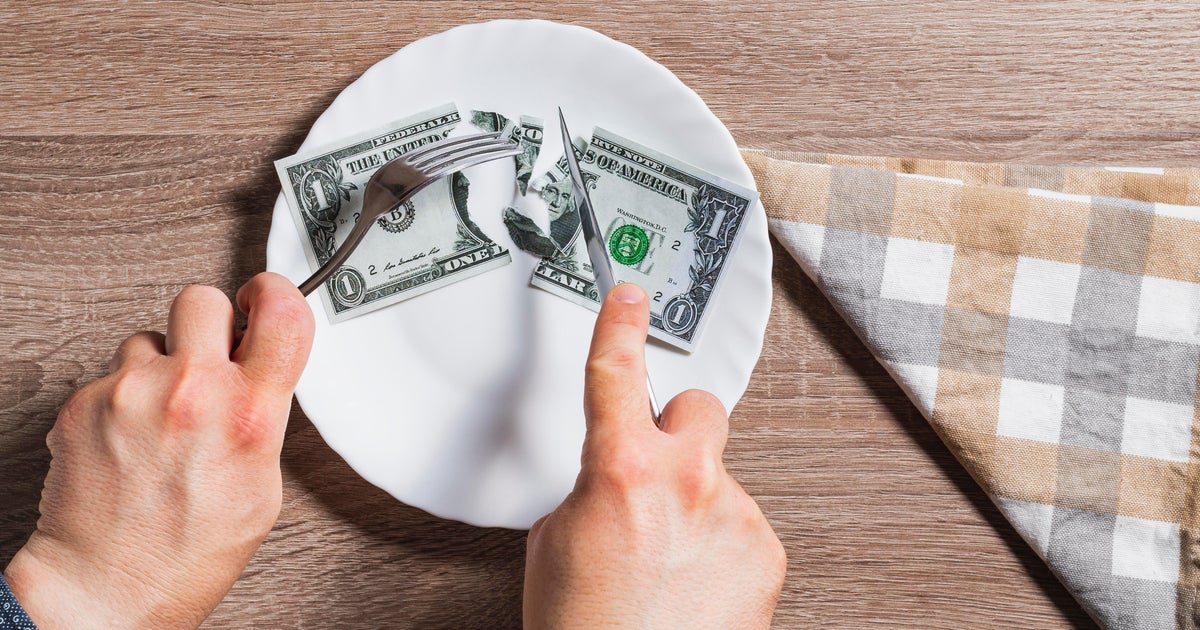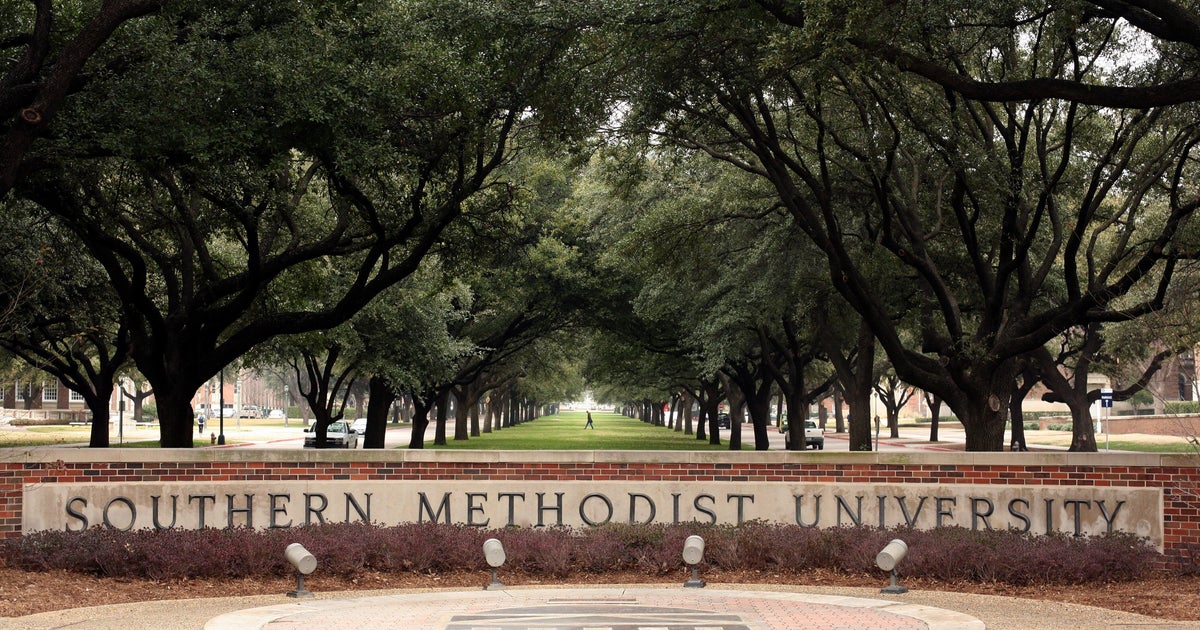Consumers See Spike In Grocery Prices, Worry About Price-Gouging
(CBSDFW.COM/CNN) -- Prices for supermarket staples, including eggs, meat and cereal soared last month in the largest one-month spike in close to fifty years, according to the latest report from the Bureau of Labor Statistics. Overall, food prices climbed an average of 2.6%, the highest increase since February 1974.
The price index for eggs climbed more than 16% — the biggest increase for any food item.
As consumers are buying more groceries and eating at home more often, David Ortega — a food economist and associate professor at Michigan State University — says he thinks it's less of an issue of grocers taking advantage of the current market environment, and more a symptom of current market conditions.
"For the most part, it's supply and demand issues here, at play," Ortega told CNN. "What we're seeing here is economic forces at play, but also the resiliency of our food system to be able to provide food at a reasonable price."
Publix, one of the largest grocery store chains in the southeast, said in a statement to CNN, "In some instances, there have been price increases from manufacturers. We work extremely hard to negotiate pricing with our suppliers, so that we can offer the best price to our customers. To mitigate price increases during difficult times such as these, we also try to absorb as much of the increase as we can before having to pass along an increase to our customers."
The National Grocers Association, a trade association that represents independent areas of the food industry, said in a statement that "as costs rise from producers and the supply chain, our members are following the same pricing structures and policies as they always have."
"Grocers are working with their suppliers to mitigate price increases to the best of their ability and keep prices as steady as possible, but processing plant disruptions along with the surge in demand will have an impact on costs of goods and in turn consumers may experience higher prices on some products," it said.
Ortega said while the COVID-19 pandemic has been a shock to the food supply system, the economic forces at play are working as they should be. "We are seeing the supply chains and markets adjust and it can be concerning for some, of course, but it is a short term reaction to a very significant shock."
While economists attribute the swell in grocery prices to supply and demand issues, coupled with changing human behavior, some have publicly questioned whether price gouging could be a factor in some cases.
Attorneys general from 11 midwestern states have asked the US Department of Justice to investigate potential price fixing among meatpacking companies during the pandemic. This is not a new accusation but President Donald Trump said last week he had asked the DOJ to look into the claims.
In April, the Attorney General of Texas sued the country's largest egg producer, Cal-Maine Foods, for allegedly raising the price of one dozen eggs by 300% in one year's time.
"No one is exempt from price gouging laws in Texas, including suppliers of grocery stores and pharmacies," Paxton said. "My office will not tolerate any person or business taking advantage of hardworking Texans. Those who violate the Texas Deceptive Trade Practices Act will be met with the full force of the law."
Cal-Maine Foods issued a statement in response saying it "strongly denies these allegations" and that it "has not exploited this tragic national pandemic for gain."
(© Copyright 2020 CBS Broadcasting Inc. All Rights Reserved. CNN Wire contributed to this report. The-CNN-Wire™ & © 2020 Cable News Network, Inc., a Time Warner Company contributed to this report. All rights reserved.)







